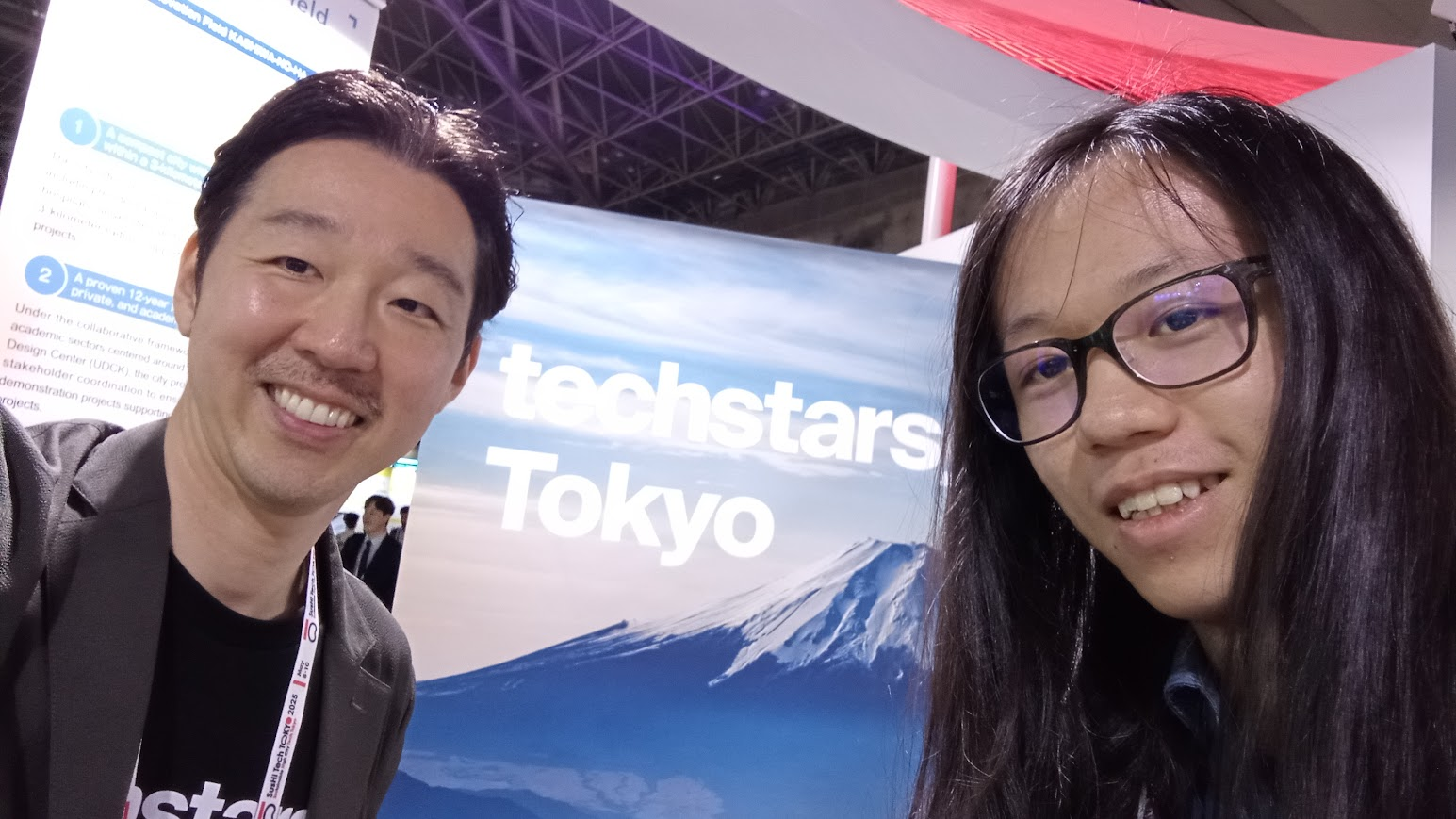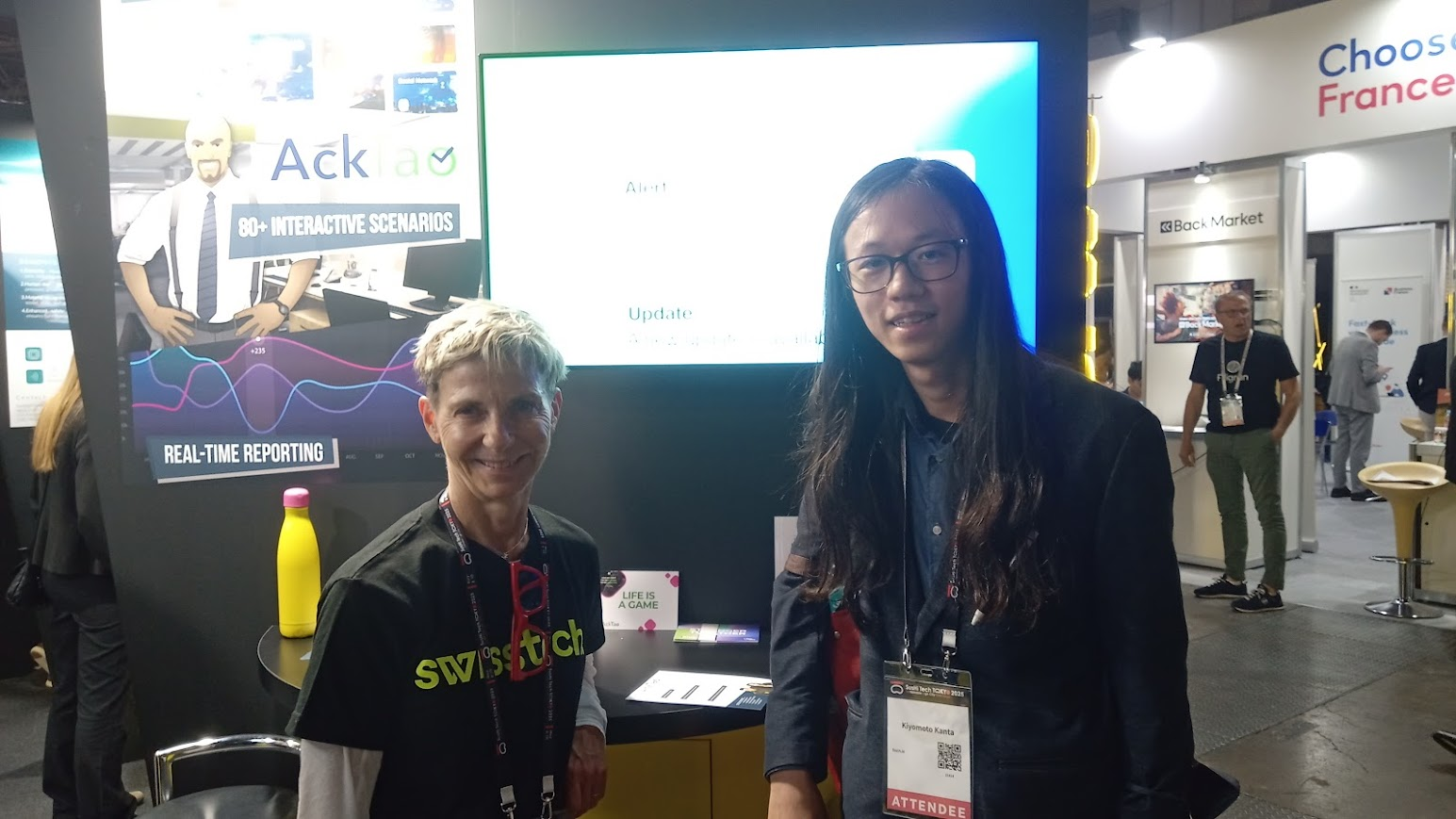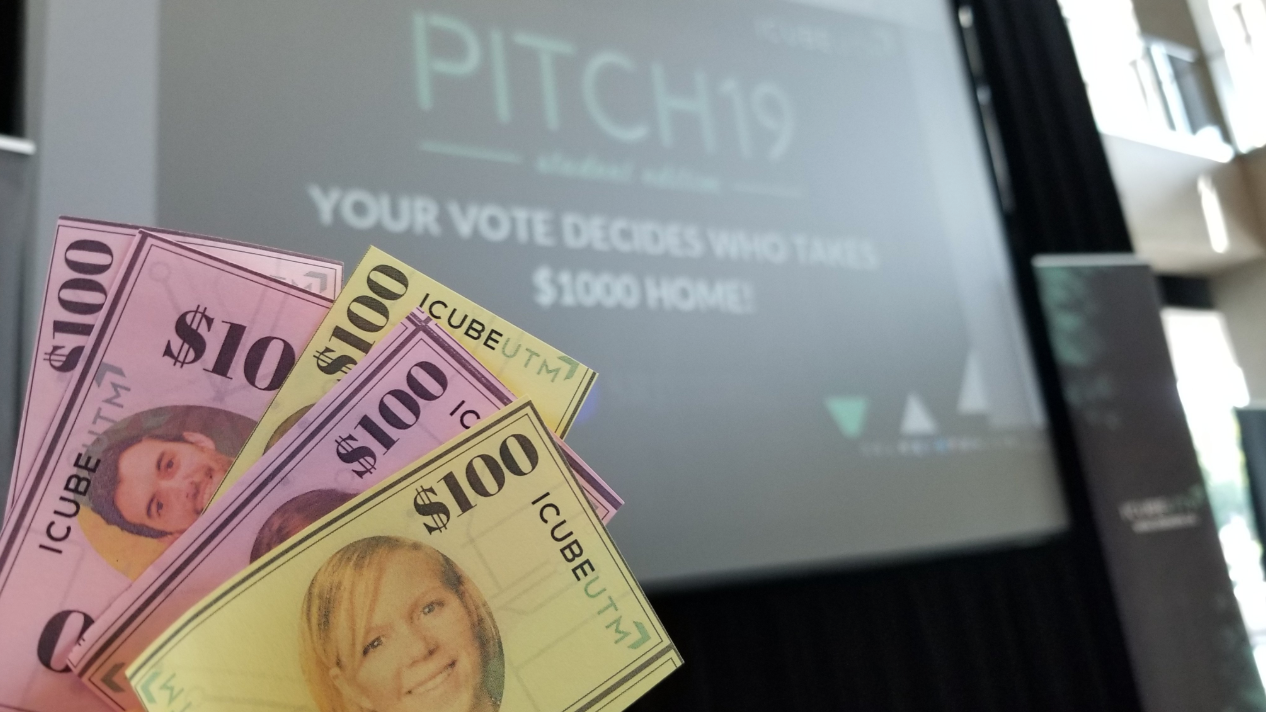Hi. my name's Cher-Zhen and I'm here to introduce a business idea.
Over the Summer, I dived into the deep realm of anime and watched them consistently, one thing that really stood out was the original music that each anime had, and being a really hands-on person, I myself tried to play it.
And at the end of Summer, I realize, I still could not play the song I wanted to.
This resulted mainly due to the a few reasons:
1️⃣ I was juggling an internship and other interests — time was a challenge.
2️⃣ My motivation faded once I finished the anime — the initial excitement didn’t last long enough.
After some reflection I've thought of an application idea that can serve as a music motivator. With this idea in mind, I began reading.
🎶 Introducing: A Mobile App for Musical Motivation & Community
I read this research article on what could really help motivate others, and from here I got to know about Self-Determination Theory (SDT).I learnt that the majority of people found motivation when their psychological needs were met, and I decided that capitalising off nurturing a conducive society arround one's identity would help with this.
After much brainstorming, I've decided that an application which served as a community platform, with constant daily reminders to sign on and collect points which contributed to a leadership system with friends would be helpful
⭐ Key Features
Bandplay
Users join friends or others in the community to learn the same song together — but each on different instruments. The song is split into weekly segments. At the end of each week, everyone’s recordings are merged into a musical section, allowing the group to hear their progress come together. This nurtures teamwork, accountability, and a strong sense of belonging.
Daily Reminders
Friendly push notifications keep musical goals top-of-mind, making it easier to build consistency.
Leaderboard System (selectable)
Collected effort points can be shared publicly — motivating users in a fun, friendly competition with friends.
In-Game Store
Points can be used to unlock avatar cosmetics and other engaging digital rewards.
Daily Mini-Games
Quick, fun activities — like mobile instrument play or reaction-training games — that support skill growth anytime, anywhere.
🎧 The Heart of the Concept
The aim of these features are all to enable users to partake in learning their favourite songs, as well as fostering a community around our users that makes learning fun and interactive. With so many social aspects to it, we hope that our users can take this oppurtunity to meet new people with similar interests and for them to learn their songs!
Our Bandplay feature builds on a sense of belonging and accountability. Knowing you are part of a group and are expected to deliver will keep you on yout toes, and listening to your piece of music coming together at the end of every week is surely to be a boost of motivation! I believe that this application can serve as an outlet for stress, anxiety as well as serve as a great solution to boredom.
📱 Why Mobile?
I wish to implement this application on mobile, where learning can be really portable and convenient to bring around, as well as to utilize the device's speakers for audio recognition, which will be a crucial function for our features to work properly. Musical instruments will connect to the app after a tuning system, where music will be played on the instrument and our application will pick up on the frequency and wavelength of the emmitted sound waves, then after some processing, it will be synced and will be able to tell the chords and notes our user plays. A silent environment is best for this to work.
























.png)
































